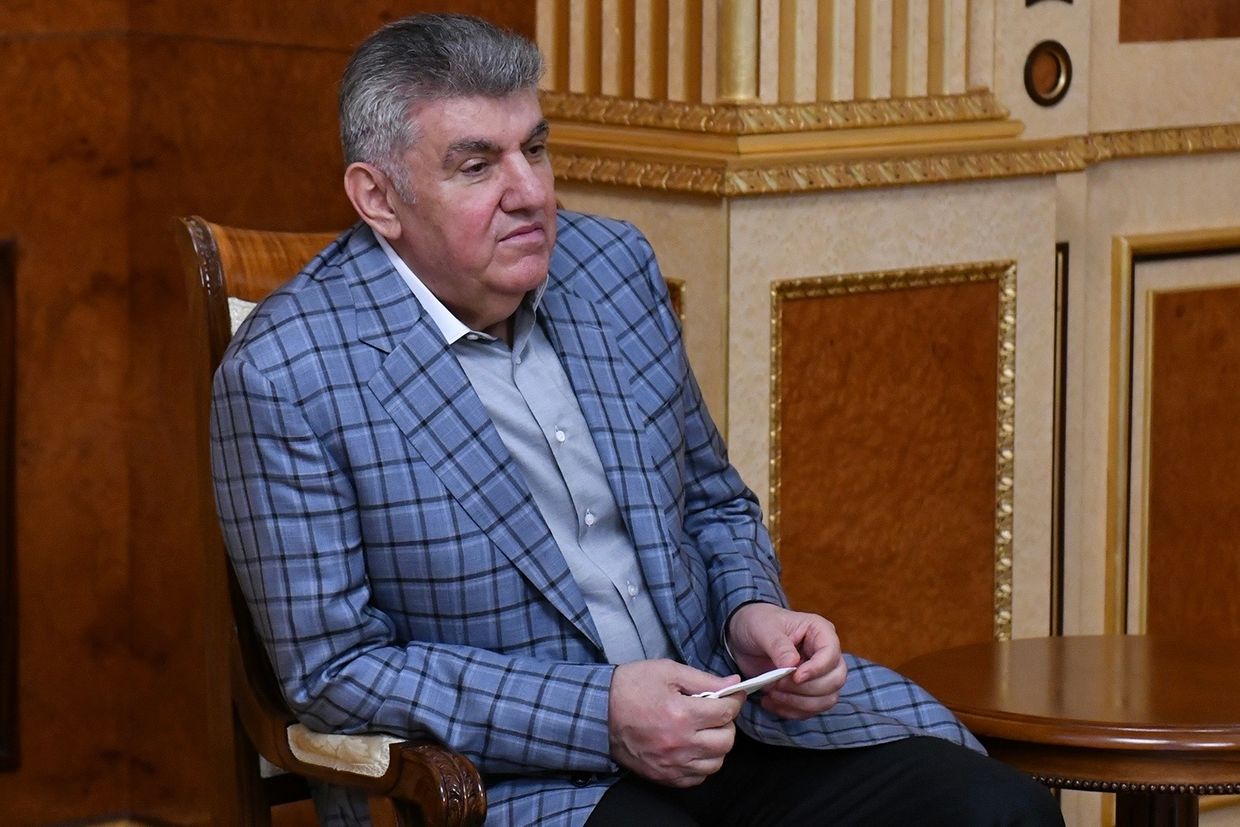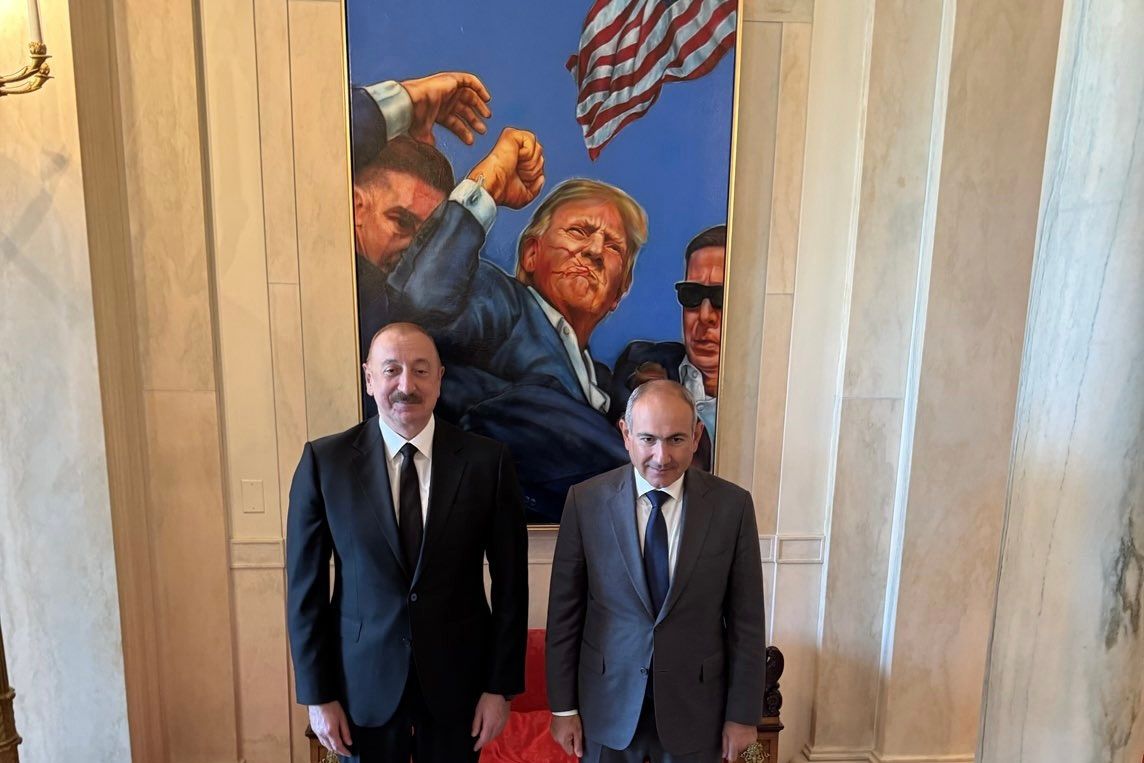
Armenia’s opposition has criticised the announcement made in Washington on 8 August, which included a plan to create a route connecting Azerbaijan and its exclave Nakhchivan through Armenian territory, with concerns over Armenia’s sovereignty.
The unprecedented meeting in Washington, which brought together Armenian Prime Minister Nikol Pashinyan, Azerbaijani President Ilham Aliyev, and US President Donald Trump, resulted in a joint seven-point declaration between the three leaders outlining what had been agreed upon.
It also disclosed the US involvement in the unblocking of the route through Armenia, named the Trump Route for International Peace and Prosperity (TRIPP).
While in Washington, the sides also initialed the peace treaty they agreed on in March. The document was published on Monday.
The outcomes of the Washington meeting received a frosty reception from the Armenian opposition, which urged that the groups work together to prevent Pashinyan from holding on to his position of prime minister.
The Armenian Revolutionary Federation (ARF) called the outcome of the Washington meeting a ‘blow to Armenia’s sovereignty’.
‘By its very nature, the anti-state statement has one objective — the reproduction of Armenia’s ruling administration, which serves foreign interests at the expense of Armenia’s rights, thereby turning Armenia into a stage for geopolitical power struggles’, read the statement.
Ishkhan Saghatelyan, an ARF member and an MP from the opposition Armenia Alliance faction, noted that the documents signed in the US ‘do not have final legal force’.
‘By preventing Pashinyan’s reproduction and not allowing the amendment of the constitution of the Republic of Armenia, we can avoid the impending disaster. Therefore, this must become the main agenda of the national forces in the near future’, Saghatelyan wrote.
Azerbaijan has demanded that Armenia change its constitution as part of the peace process between them, claiming that it contains territorial claims against it.
In turn, another opposition MP, Tigran Abrahamyan from the I Have Honour faction, wrote on Facebook that ‘geopolitical centres are solving their own issues, a new redistribution of roles is taking place in the region, while the Armenian authorities are merely waiting to understand what will be done with them’.
The outcome was also criticised by Ara Abrahamyan, President of the Union of Armenians of Russia, who recently expressed his readiness to help unite Armenian opposition forces ahead of the 2026 parliamentary elections.

In an interview with Russian state-run media TASS, Abrahamyan called the meeting a ‘summit of two winners and one loser’.
On Monday, the Pan-Armenian Diplomatic Council, which consists of Armenian former diplomats, criticised the TRIPP initiative, saying that it ‘contains provisions that seriously endanger Armenia’s strategic autonomy by placing vital infrastructure and transit routes under the influence of foreign actors’.
Aside from the criticism, the deal was praised by the ruling party and its allies, as well as some other political forces in Armenia.
Pashinyan’s ally and head of pro-western Hanrapetutyun party, Aram Sargsyan, celebrated the US involvement in the deal, noting that ‘no one will try to open the Syunik corridor by force anymore’.
The statement is an apparent reference to the threat of Aliyev back in 2021 to establish a route by force.

‘Therefore, there will be no more Armenian–Azerbaijani war, which I have always insisted on, and thank God’, Sargsyan concluded.
The deterrence of war was also highlighted by another opposition force.
Yerevan’s former mayor and a former ally of Pashinyan, Hayk Marutyan’s New Force political party, insisted that ‘at this moment it would be difficult to imagine a more favourable solution for us than what was achieved thanks to the participation of Western partners’.
The party also highlighted that it prevented the possibility of another war ‘at least in the medium term’, and gave the opportunity to ‘achieve economic development’.












